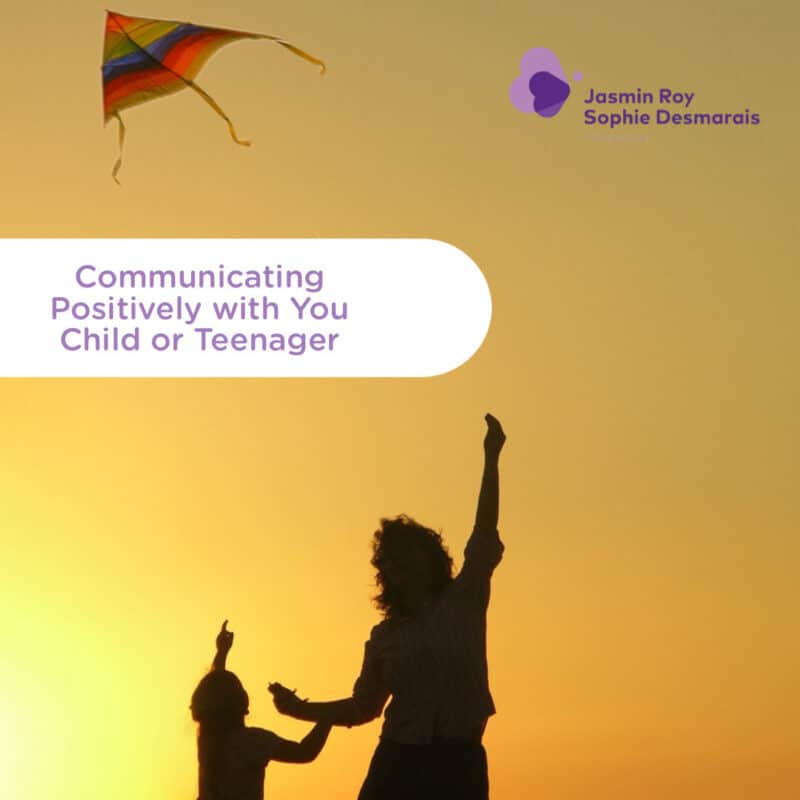Good communication with your child or teenager brings many benefits. Indeed, positive communication can strengthen the bond with your child, develop a sense of mutual trust, and understand each other during a minor upset or disagreement.
Effective communication combines winning attitudes, including listening, empathy, patience, and calmness.
Here are some strategies that can help you with your child or teenager:
1. Active Listening: Pay attention to what the other person is saying, ask questions to clarify, and show that you understand. Also, listen to what the child or teenager is telling you. Please encourage them by asking questions that allow them to provide more details about what they’re saying.
2. Express Your Gratitude: Thank the other person for what they do or bring to the relationship. Recognition often strengthens bonds. Focus on the positive and value the child or teenager in all circumstances. Ask them what makes them happy in your relationship.
3. Be Authentic: Be yourself and honestly share your feelings and thoughts. While everything can be said, remember that the tone and the way it is said make all the difference. Encourage the child or teenager to do the same.
4. Be Empathetic: Try to understand the emotions and perspectives of the other person, even if you do not share them. We may sometimes be a bit more sensitive regarding our child, but it is essential to remember that they are learning and will inevitably learn from their mistakes.
5. Communicate Clearly: Avoid misunderstandings by expressing your ideas precisely and asking for necessary clarifications. For example, an adult who uses clear and concise instruction gets better results than someone who keeps their expectations to themselves without naming them.
6. Respect Boundaries: Be aware of the other person’s boundaries and respect them. Do not force things.
7. Be Patient: Sometimes, strengthening a relationship takes time. Be patient and persistent. In other words, invest time and expect nothing in return for what you give to start.
8. Share Positive Experiences: Spend time together, share activities you enjoy, and create positive memories. Go to the movies, exchange books to read so you can talk about them, and go running, biking, or skating together. Even cleaning can become a family activity!
9. Support the Other Person: Be there for them when needed, offer your help, and show that you care about their well-being. Be open to discussing all possible topics with the child or teenager.
10. Be Open-Minded: Be ready to accept differences and learn from the other person’s experiences. Also, remember the time when you were young and made mistakes. Perhaps you will find a bit of leniency towards the child or teenager.
By practicing these strategies, you can help strengthen your relationship with the child or teenager, develop positive bonds with them, and foster that so important trust. Moreover, you will enable them to learn about themselves, their limits, and their interests.





